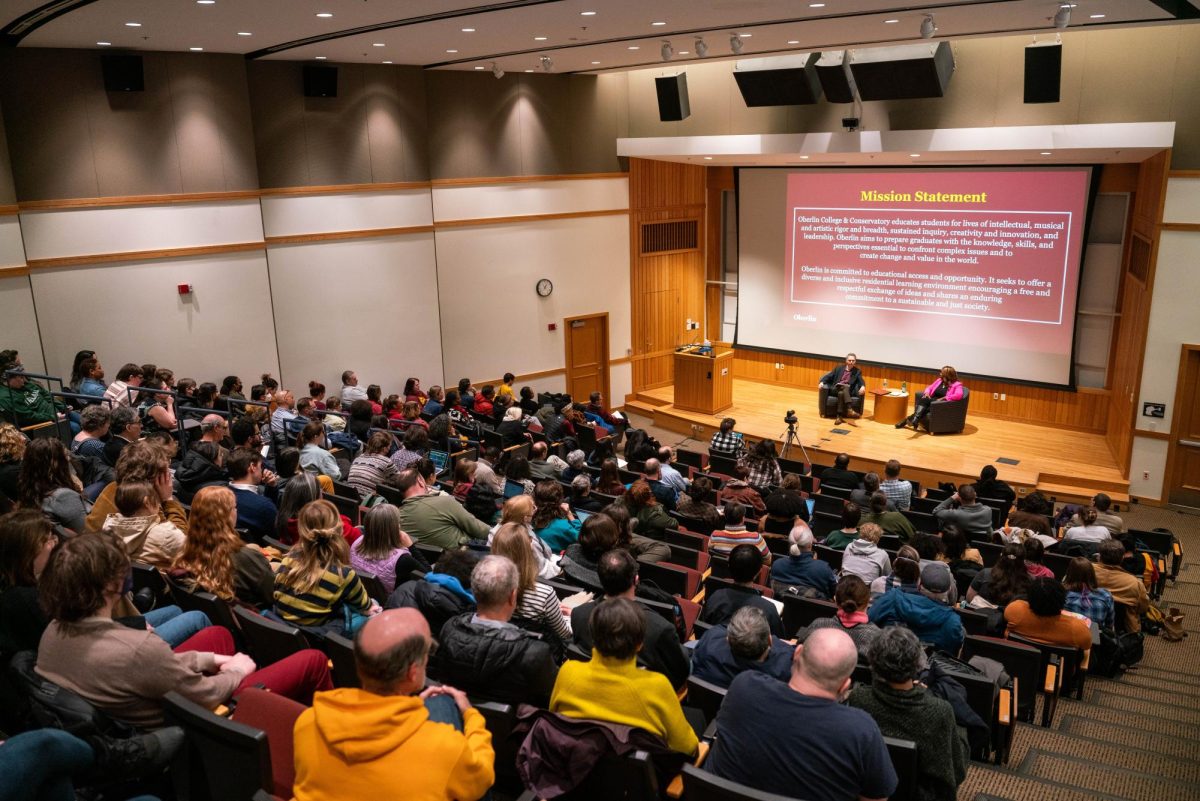Hobby Lobby Case Threatens Healthcare Access
April 5, 2014
To the Editor:
On March 25, the Supreme Court heard arguments in Sebelius v. Hobby Lobby Stores, Inc., a case challenging the Affordable Care Act’s provision that employers provide preventive healthcare at no cost to their employees. The independent Institute of Medicine has recommended that preventive care include FDA-approved prescription contraception.
As a private sector company, Hobby Lobby is required to provide contraceptive coverage to their employees. This lawsuit is an attempt by a for-profit company to deny vital healthcare to its employees based on the religious convictions of its stakeholders. Contraceptive care is a critical component of preventive healthcare, and it is imperative that it is provided to employees with no co-pays to remain accessible to everyone, regardless of their place of employment.
This is not an issue of religious liberty. Exemptions for churches, religious schools and religious nonprofit organizations are already in place. Religious liberty is one of the core values of our country, but freedom of religion is not simply the freedom to believe what you want; it protects the freedom from the imposition of others’ religious beliefs and ideals. The right to practice religion freely does not include the right to make birth control decisions for employees. Individuals have consciences, morality and religious beliefs; businesses do not. Businesses must obey the law.
This is an issue of employee rights. For a low-wage worker, the cost of birth control can be a serious burden. Whether
it is used for family planning or for another medical reason, bosses should have no say over the medication provided to their employees. David Green, the CEO of Hobby Lobby, may be able to afford extra out-of-pocket healthcare expenses, but many of his employees, like low-wage workers and cashiers, are unable to supplement their healthcare costs.
A Supreme Court ruling in favor of Hobby Lobby and against the provision could have far-reaching and dangerous implications. Allowing employers to deny health coverage for non-health-related reasons sets a potentially catastrophic precedent. Employees could be denied access to blood transfusions, organ transplants, vaccines and other life-saving healthcare.
Students United for Reproductive Freedom is extremely concerned about the potential consequences of this case. As college students, we are the next generation to enter the workforce, and we deserve to have access to contraception regardless of our place of employment. We should not have to choose where to work based on whether our boss will support our health needs. We should not have to pay extra for critical healthcare because of our employers’ personal preferences.
Ninety-nine percent of women will use contraception at some time in their lives for family planning or other health reasons. It’s offensive that a boss thinks it is OK to make these choices for their employees. This claim is out of touch with what the majority of Americans believe with regard to birth control, and it is out of the bounds of acceptable behavior for bosses.
This is an issue that affects the majority of Americans, especially young people. Oberlin students should be outraged that their healthcare needs are in jeopardy because of the religious convictions of a few individuals. This Supreme Court case has the potential to severely set back the achievements of the Affordable Care Act and movements in support of the right to contraception and critical preventive healthcare.






















